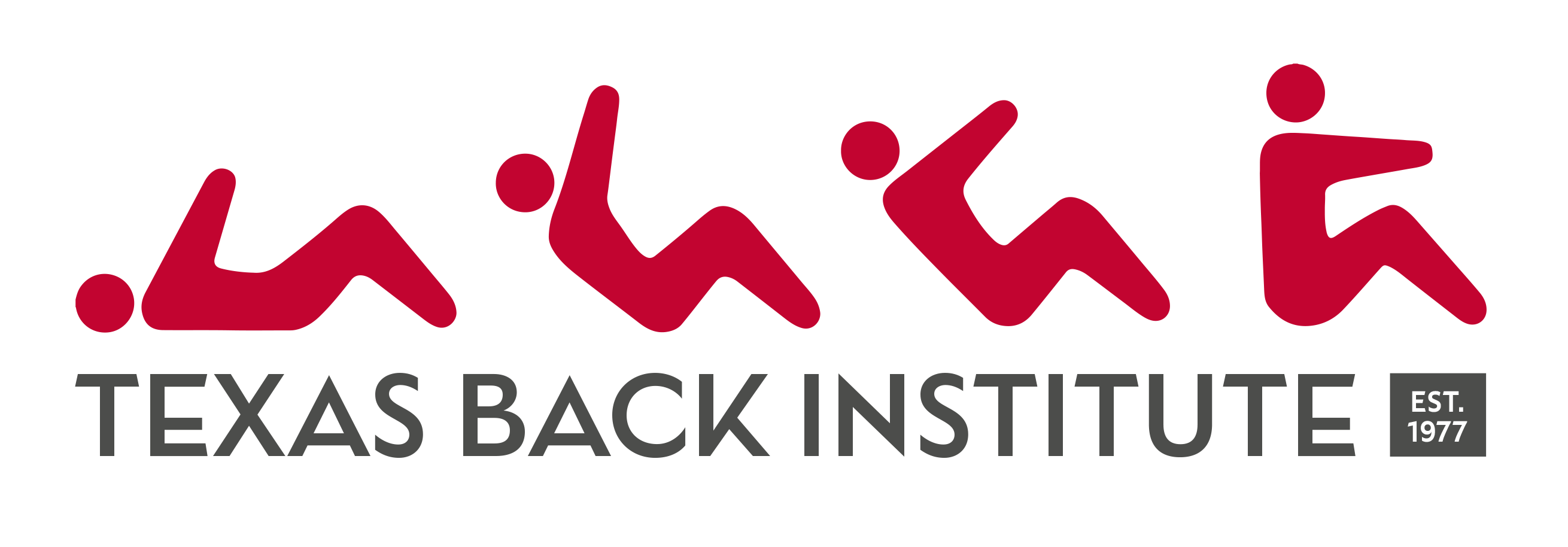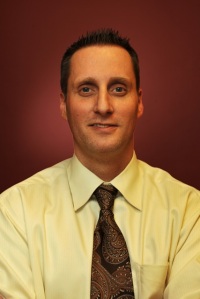The world-class spine surgery skills of Dr. Theodore Belanger will be evident for the world to observe this week when the Texas Back Institute surgeon performs two, extremely challenging surgical procedures on two young people who have been transported from Ethiopia. The two patients, who have allowed us to share their names and medical histories, arrived in the Dallas area on October 22, 2015, and will undergo their respective surgeries the following week.
Because of the generosity of The Medical Center of Plano and Texas Back Institute, these very complicated and costly procedures along with the 3-month recuperation will be completed at no charge to the two patients. In a recent interview, Dr. Belanger, shared his reason for taking on these operations.
“I had some friends and colleagues working with patients in Ethiopia and I had always wanted to give back to patients who do not have the kind of access to the expertise and facilities that we take for granted in America,” he said. “Through these friends, I traveled to Ethiopia in 2010 and made more friends and connections there. Since then, this project has taken on a life of its own.”
Two Patients in Desperate Need
“We are very excited about bringing these patients to the U.S. for these procedures,” Dr. Belanger noted. “The procedures we have completed of the past 5 years have been done in Ethiopia and that comes with different challenges because of the differences in facilities and equipment.”
“One of the patients is a 13-year old girl, Samrawit Teshnie, from Mojo, Ethiopia, who has severe idiopathic scoliosis,” he said. “This is a condition that we commonly see in America, but usually patients in this country get treatment in a timelier manner because they have access to specialists in this condition. A 50 degrees curvature of the spine is fairly common in the US, but in Ethiopia I see patients with curvature of 100 degrees and worse. The patient whom we will be operating on has a curvature of greater than 100 degrees.”
“The second patient, a 20-year old man named Haymanot Ashmare, has a rapidly-deteriorating spinal condition called ankylosing spondylitis,” Dr. Belanger said. “Because this is an inflammatory condition characterized by the fusing the entire spine and severe spinal deformity, he is bent over 90 degrees. He was found living on the street in Addis Ababa outside Mother Teresa’s mission before being accepted for this procedure. When this patient stands up as straight as he can, his chest and head are pointing at the ground.”
“This young man is essentially homeless and must beg for food,” he said. “He has been taken in by my friend Dr. Rick Hodes in Africa, who through his foundation, The American Jewish Joint Distribution Committee, gathers these patients and gets them to people like me who can provide surgical care for them. Trying to complete this surgery in Africa, without the specialized equipment and facilities we have here, would be too dangerous.”
“It is no exaggeration to say that this procedure will be one of the toughest surgeries that I have ever tried to do in my practice,” Dr. Belanger said. “We couldn’t do this without the bravery of the patients involved. I am always in awe of the fact that these patients are allowing some stranger from America do some very complicated surgery on them. Many don’t speak English and often have never seen a white person before. This is a testament to their bravery.”
Many to Thank for This Herculean Effort
“These two procedures would not be possible without the tireless efforts of Dr. Hodes and his team at the foundation,” he said. “They provide enormous financial and human resources to bringing these indigent patients to America for treatment.”
“The staff, management and outstanding facilities at Medical Center Plano are also an integral part of this challenging surgery and recuperation,” Dr. Belanger noted. “There is nothing like this state-of-the-art facility and specialized staff in Ethiopia and they are making them available to these patients for no charge.”
“The medical device companies such as Medtronic have agreed to donate the implant materials necessary for these complicated surgeries,” he said. “Plus, Misonix has donated the use of their ‘bone scalpel’ free of charge. We are very grateful to them for this.”
“My practice is at Texas Back Institute and they support this effort in every way possible,” he noted. “Dr. Andrew Simpson, a colleague at TBI, is assisting on one of the procedures. Other surgeons at Texas Back Institute are helping us plan and execute these two procedures in an effort to make them go as smooth as possible.
The Lives of These Two Young People Will Never be the Same
The two procedures required many hours in the operating room. Dr. Belanger estimates the first procedure on the young woman will require approximately 6 hours of surgery then 3 to 4 days in the hospital. She will then go to the rehabilitation facility. The second, more complicated procedure on the young man will take about between 10 and 12 hours, depending on complications that might arise. He will need intensive care and possibility blood transfusions for about a week after the surgery.
This inspiring story was broadcast by the ABC affiliate in Dallas/Fort Worth, WFAA.
As he has noted, coordinating all of these facilities, staff and other surgeons has become the greatest challenge in the career of Dr. Theodore Belanger. While multi-tasking over a wide range of issues, he has maintained his good humor and eternal optimism. What motivates this dedicated professional to sacrifice more than a few sleepless nights to help two total strangers from the other side of the world?
“It’s a number of things,” he noted. “I have always sought out challenges in my professional life and I have tried to continue to improve my knowledge and skills. These types of cases are extremely challenging and from an ‘academic’ standpoint, it is very satisfying.”
“However, more importantly than that, I feel good about helping someone who really needs it,” he said. “There are many people who do these types of things for patients but what I have learned from my many trips to Africa is that there is no shortage of people who need our help. I can list many spine surgeons who work in these areas, but we can barely make a dent in this problem without more and more participation from other doctors every year.”
There are millions of young people, throughout the world, who need medical treatment for spinal deformities but this week, Dr. Theodore Belanger is forever changing the lives of two of them. To keep up with the progress of these two patients, follow the Texas Back Institute on Facebook and Twitter.

